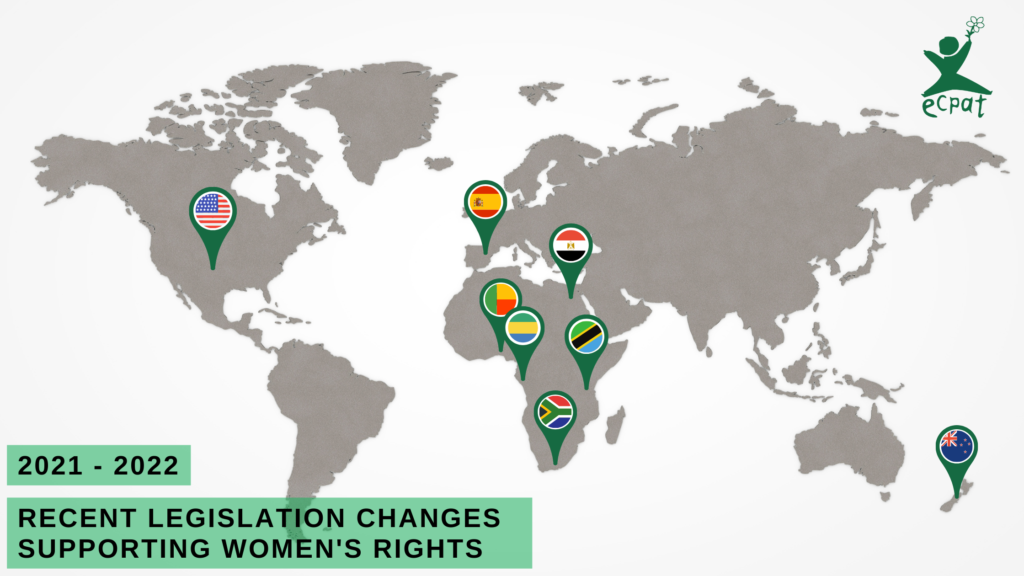We are calling for the rights of young women and girls worldwide to be recognised and respected.
Gender equality is key to creating more peaceful societies and ensuring all children grow up safe from sexual abuse and exploitation!
On International Women’s Day, we reflected on the role gender norms play on the lives of women and girls worldwide, how they contribute to ongoing issues such as human trafficking, child and early forced marriage, and online child sexual exploitation.
While we continue to address these issues globally, it is also important to celebrate the achievements and ground gained by our global network members thus far. Let’s celebrate this International Women’s Day (and beyond), by recognising some of the recent improvements in laws and legislations that better protect and support young women and girls all around the world!

ECPAT strongly advocates for the legal protection of children in the digital space, as we believe that girls and young women have the right to be safe when navigating an online world. In Europe, ECPAT’s Project Beacon is working to influence the adoption of unified policies, regulations, and a robust legal framework that will ensure child protection in digital spaces and encrypted environments! Project Beacon does this by building awareness, advocacy and engaging across Europe with European Union leadership and the public.
Read more about ECPAT Project Beacon and our efforts to change European legislation for the protection of girls and young women from any form of online sexual exploitation and abuse.
